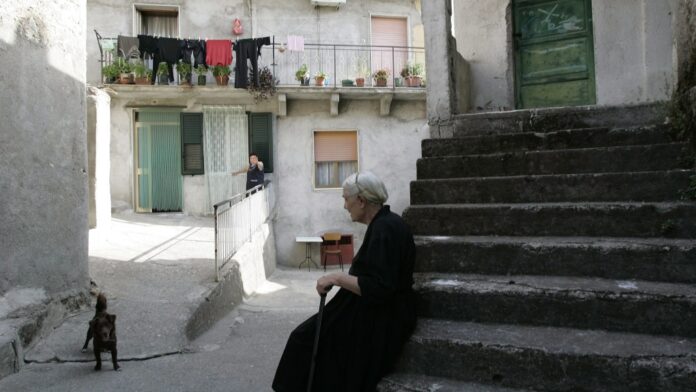“Italy’s Mafia: From Extortion to Financial Fraud”
Italy’s mafia, once notorious for bloody murders and extortion rackets, has shifted its focus to the less risky world of white-collar crime. With billions of euros from post-COVID recovery funds floating around Italy, fraudsters are finding new ways to exploit the system.
The Rise of Financial Fraud
In a surprising turn of events, Italy’s powerful organized crime groups are now heavily involved in tax evasion and financial fraud. The ‘Ndrangheta, based in Calabria, has taken the lead in this new wave of criminal activity. With a tight grip on the European cocaine trade, the ‘Ndrangheta has successfully infiltrated the finance sector over the past decade.
European authorities, including the European Public Prosecutor’s Office (EPPO), have raised alarms about the alarming scale of financial wrongdoing across the EU. Italy, in particular, has been a hotspot for organized crime involvement in financial crimes. The damage caused by these activities is staggering, with billions of euros lost to fraudulent schemes.
The Complicity of Entrepreneurs
Prosecutors in Italy point out that many of these financial crimes would not be possible without the complicity of entrepreneurs willing to bend the rules to their advantage. Tax evasion has long been a chronic issue in Italy, with billions lost to fraudulent activities every year. Despite the economic impact, social attitudes towards economic crimes remain lenient compared to crimes like drug trafficking.
Lack of Deterrents
One of the main challenges in combating financial crimes orchestrated by organized crime groups is the lack of significant penalties. Criminal gangs face relatively light consequences for large-scale financial fraud compared to other criminal activities. The risk-reward ratio heavily favors those engaged in financial crimes, making it an attractive avenue for criminal enterprises.
The Need for Stronger Measures
As cases of financial fraud involving organized crime continue to rise in Italy, there is a growing call for tougher measures to be implemented. The current legal framework lacks the teeth needed to effectively prosecute white-collar criminals linked to organized crime. Without stronger deterrents and more resources dedicated to combating these sophisticated schemes, Italy risks being further drained by fraudulent activities.
Conclusion:
Italy’s mafia has evolved from traditional methods of extortion and violence to sophisticated financial fraud schemes. With billions at stake, criminal organizations are exploiting the system for their own gain. As authorities struggle to keep up with the changing tactics of organized crime, it is imperative that stronger measures are put in place to protect Italy’s economy from being preyed upon by those seeking to profit illicitly. Only through a concerted effort to crack down on financial crimes can Italy hope to stem the tide of corruption and fraud plaguing its financial system.
Reference















